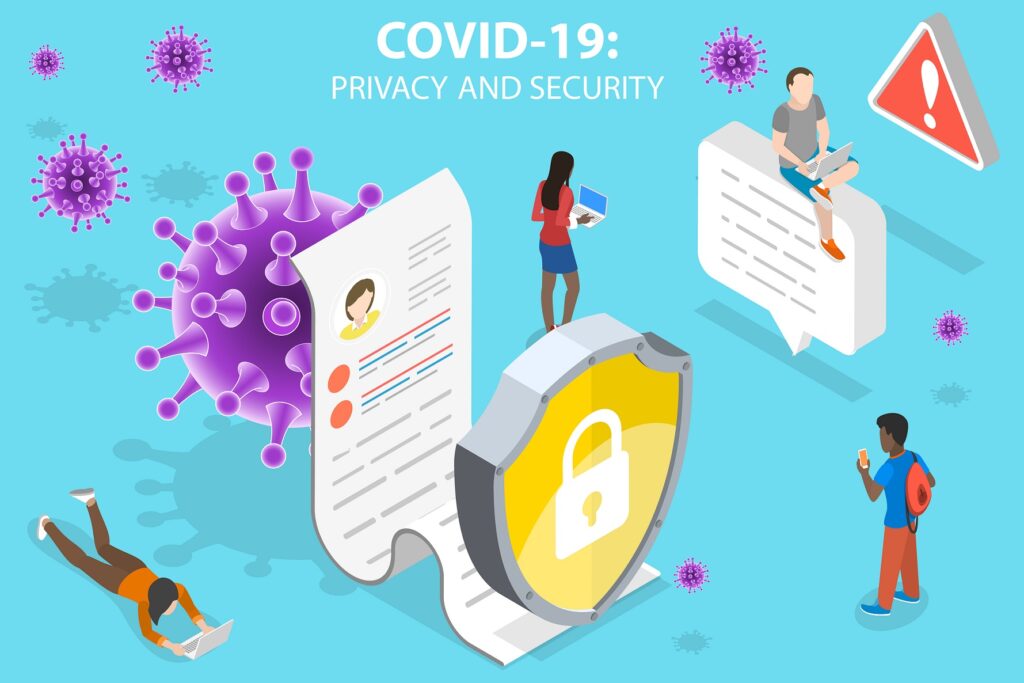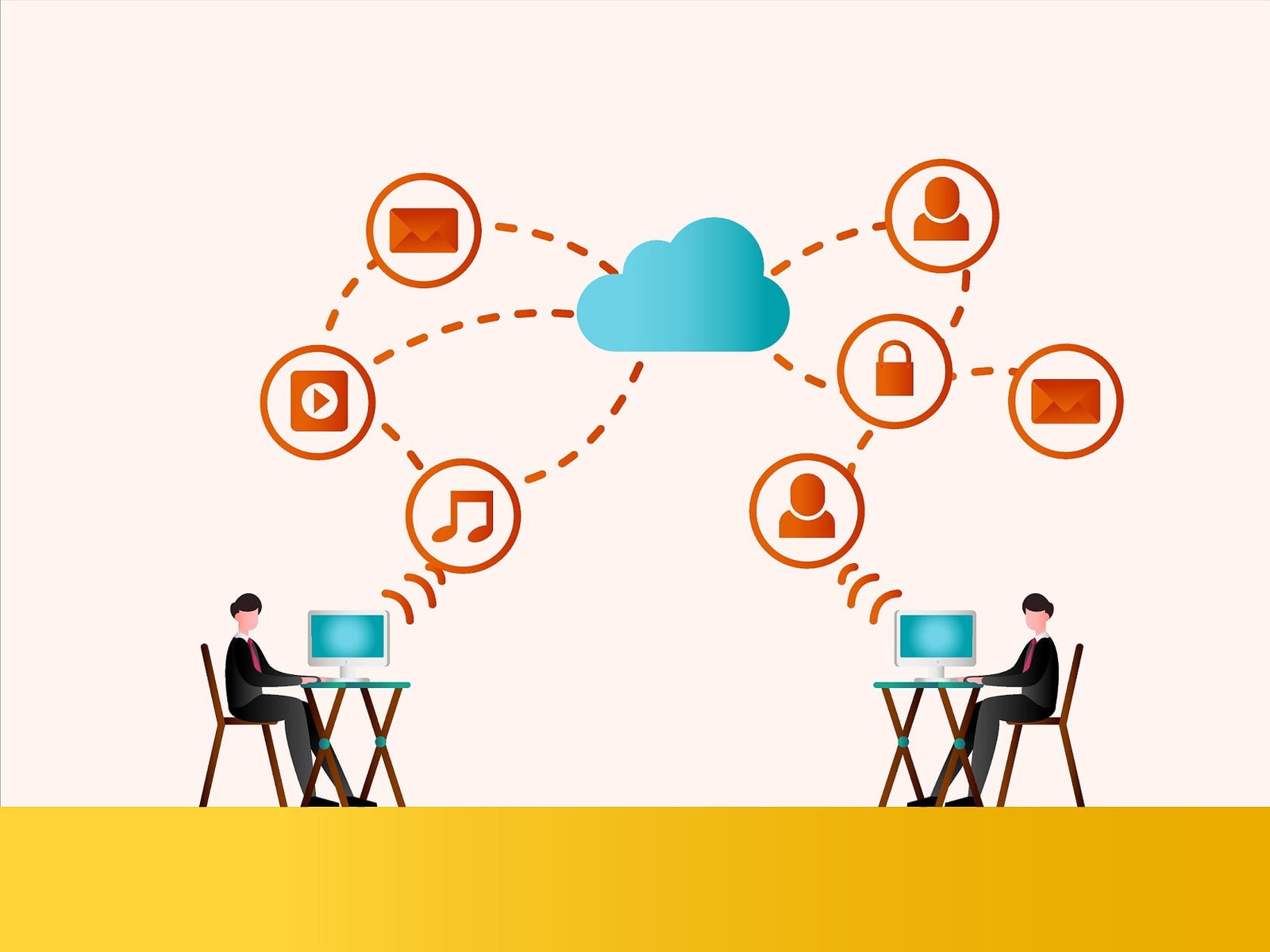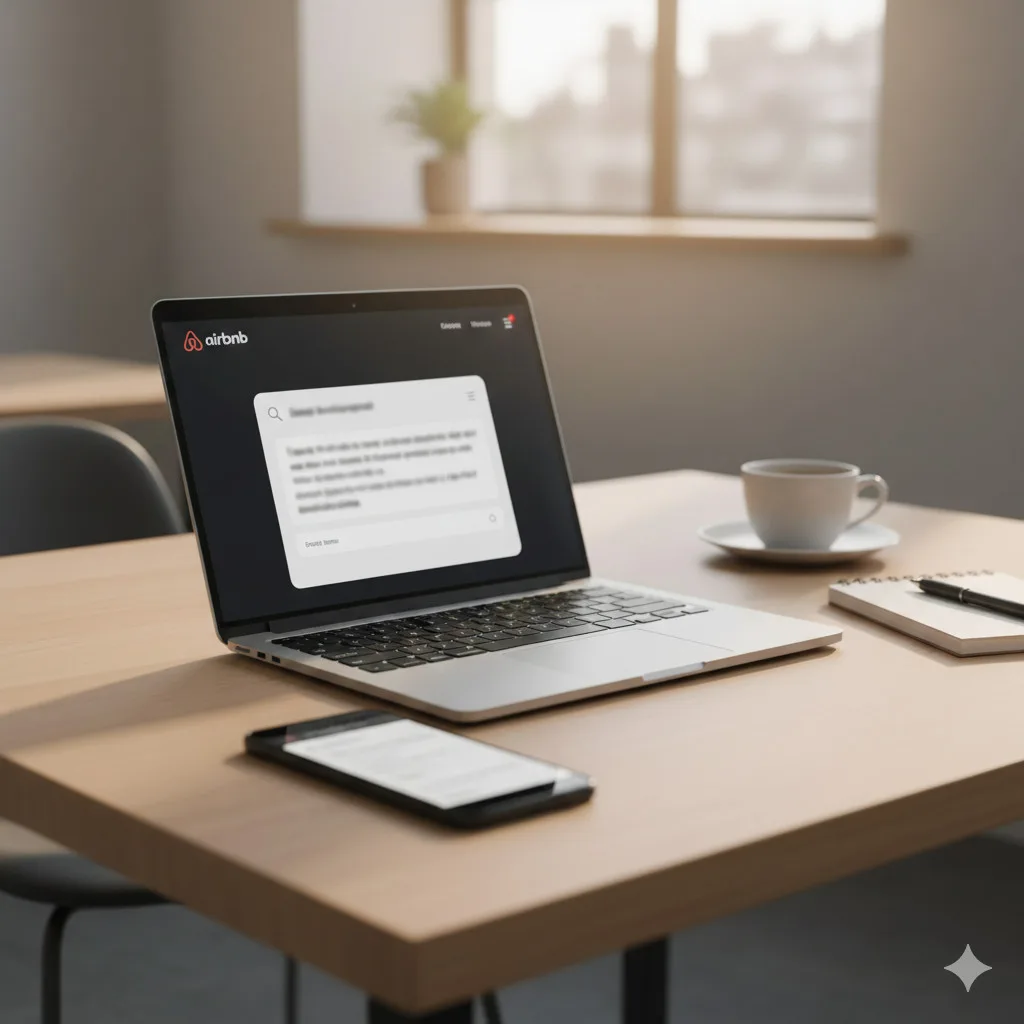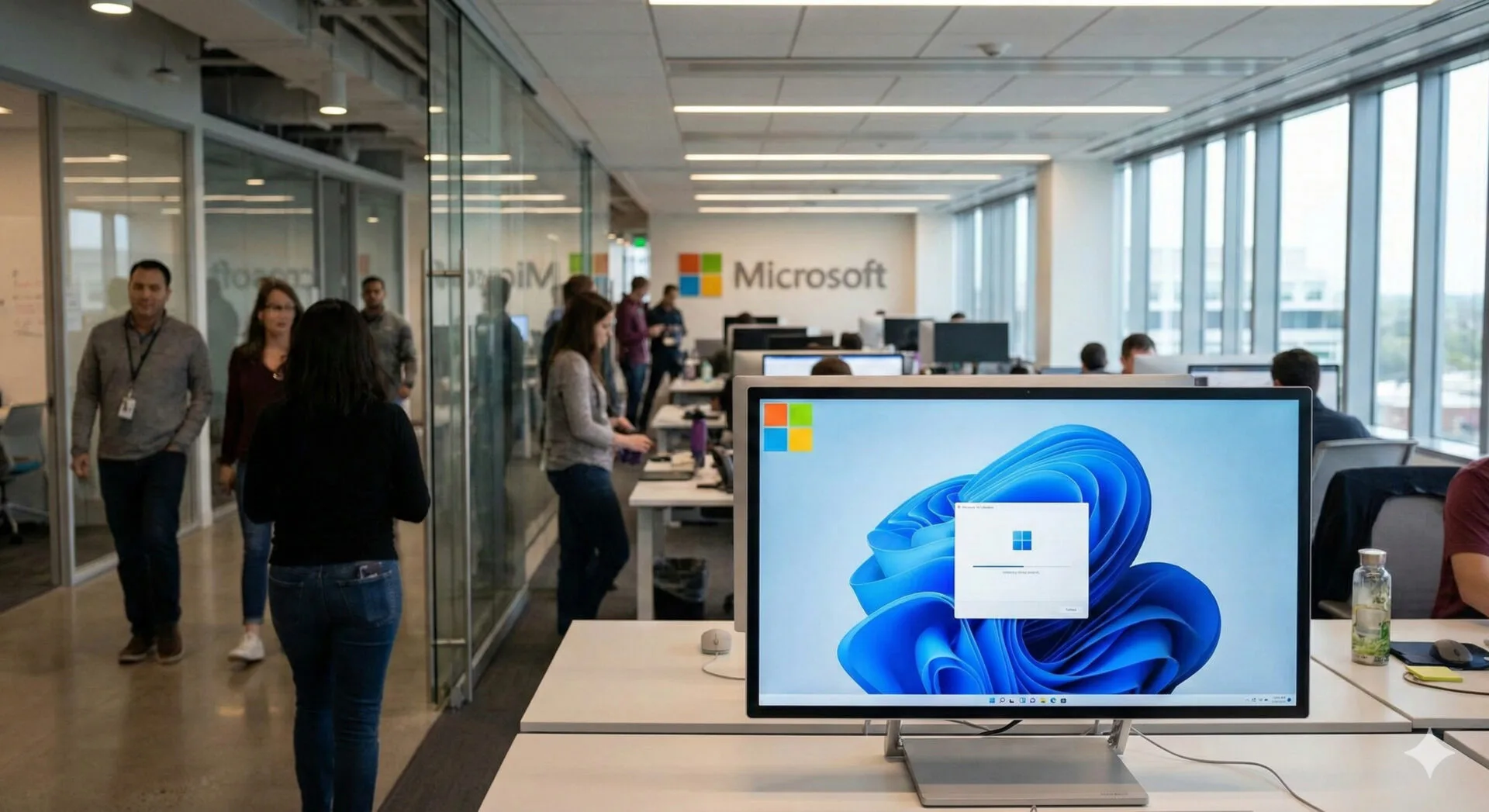
The COVID-19 pandemic has forced many businesses to shift from physical to remote working environments in just a few weeks, some even days. Although this scenario can be progressive, it also brings additional concerns businesses have to deal with in the new normal.
One of these concerns is cybersecurity. The shift to remote working systems provides many opportunities for cybercriminals. They could launch global breaches on businesses, especially the small and medium enterprises (SMEs).
According to statistics, 43% of cyberattacks target SMEs, causing many to shut their businesses permanently. You may also discover more here for other statistics related to the impact of COVID-19 on businesses.
However, many organizations still find it challenging to address the situation, especially in the new normal. This is due to the day-to-day challenges most businesses face. These make the process of dealing with cybersecurity concerns burdensome. The following are some of the biggest cybersecurity challenges you may encounter in the new normal:
- Knowing That You’re A Target
Many businesses, especially startups and SMEs, often fail to recognize that they can also be a potential victim of malicious cybercrime. They think that their small presence in the market won’t entice cybercriminals, but that’s where they’re wrong.
In today’s digital landscape, you’ll always be attractive to cybercriminals as long as you possess what they need: money and information. That’s why size doesn’t matter when it comes to cybersecurity. Every business, no matter the size, can become a victim.
That said, it’s critical to understand that you can become one of the targets of cybercriminal acts as early as possible. Use this to fuel your desire to create a strong line of defense to protect your system against malicious intents.
- Keeping Employees Well Informed
Your employees play a crucial role in establishing and promoting good cybersecurity practices. So, it’s important to acknowledge their part to ensure your program’s success.
Even if you use all your money to purchase the most advanced antivirus, detection, filters, and other technologies, nothing will happen if you don’t educate your employees first. If they’re not aware of data breaches and how to detect one, your system will still be highly prone to attacks.
Therefore, you should treat your employees as your first line of defense, especially when it comes to primary threats like malware and phishing.
You may start by identifying which among your staff is a high-risk user. Then, fuel them with information to boost their awareness and help them identify potential scams right away. Besides, education is a continuing process and doesn’t end in one session. Hence, always stay connected and reinforce them over time.
- Increasing Data Breaches
Today, many employees are working remotely in the comfort of their homes. Unfortunately, this work-from-home setup only makes them more vulnerable to cyberattacks. This is because of increasing multinetwork connections using non-approved devices.
The technology most people have in their homes is nothing compared to the technology and level of security of their offices. It doesn’t have the highly advanced features and security measures that prevent cybersecurity breaches. Because of this situation, many companies have applied the concept of ‘zero-trust’ in their operations.
Zero-trust strategies encourage professionals not to trust anyone or anything until proven otherwise. Thus, all personnel, regardless of rank, must be consistently verified and validated before accessing the network.
It’s also worth noting the potential effects of virtual private networks (VPNs) for remote working. Experts highly recommend distancing yourself away from VPNs because once hackers are in the network, they’ll be able to access multiple devices instantly as long as they want.
Such VPN-related concerns can be addressed using multifactor authentication, which provides additional barriers and protection against hackers. This way, penetrating accounts won’t happen without your permission and authorization.
- Ransomware Attacks
Ransomware is malware that encrypts all your data in one location, so they become unusable and unretrievable. Once all information has been corrupted and encrypted, cybercriminals will demand a ‘ransom’ that you must pay at a specified time and day. Otherwise, your data will be sold, exposed, and kept hidden away from you.
Here are some tips to prevent the occurrence of ransomware:
- Maintain data backups every 24 hours as much as possible.
- Create disaster recovery plans in case of cybersecurity emergencies.
- Strengthen your endpoints by ensuring that systems are secured and configured.
- Update your systems regularly with the latest and most advanced security features.
- Implement an intrusion detection system to detect potentially malicious activity and prevent further damage to your system.
Moreover, don’t forget to use your company login credentials wisely. Never share them with other employees unless it’s necessary. To prevent such misuse, you may consider implementing multifactor authentication.
- Bringing Your Own Devices
Bringing your own device (BYOD) has become more popular across the world during the surge of the COVID-19 pandemic. It allows employees to use their own gadgets to work in the comfort of their homes.
However, things don’t always end up positive. Although BYOD helps simplify remote work setups, it also makes systems prone to cyberattacks. Sadly, many businesses never see BYOD as a threat, especially when it’s an effective way to save more on maintenance repairs and other expenses.
It’s advisable to enable network access and two-factor authentication protocols to address potential threats due to the BYOD work setup. These steps will help protect your business from threats and update your system continuously.
- Ignoring Data Backups
Unfortunately, many companies don’t see the importance of having data backups as a vital element of their cybersecurity program. Instead, they rely on expensive security systems they have paid for to keep their data protected.
However, cybersecurity services and systems are not perfect, nor can they provide long-lasting protection. It’s always better to assume that they’ll eventually cease to operate and fail. That said, it’s crucial to back up all your data regularly.
Furthermore, data backups are beneficial, especially during a ransomware attack. By having all your data copied and saved to another site, you don’t need to pay the ransom demanded by the attackers.
Final Words
The importance of cybersecurity shouldn’t be underestimated, especially in the new normal. Therefore, it’s imperative for any type of business to address the current challenges faced by many organizations.
However, addressing these challenges is not the end process. It marks the beginning of a solid and reliable cybersecurity practice that requires consistent implementation. So, always check your protocols and see if there’s anything to improve to reduce the possibility of cyberattacks.






Leave a Reply